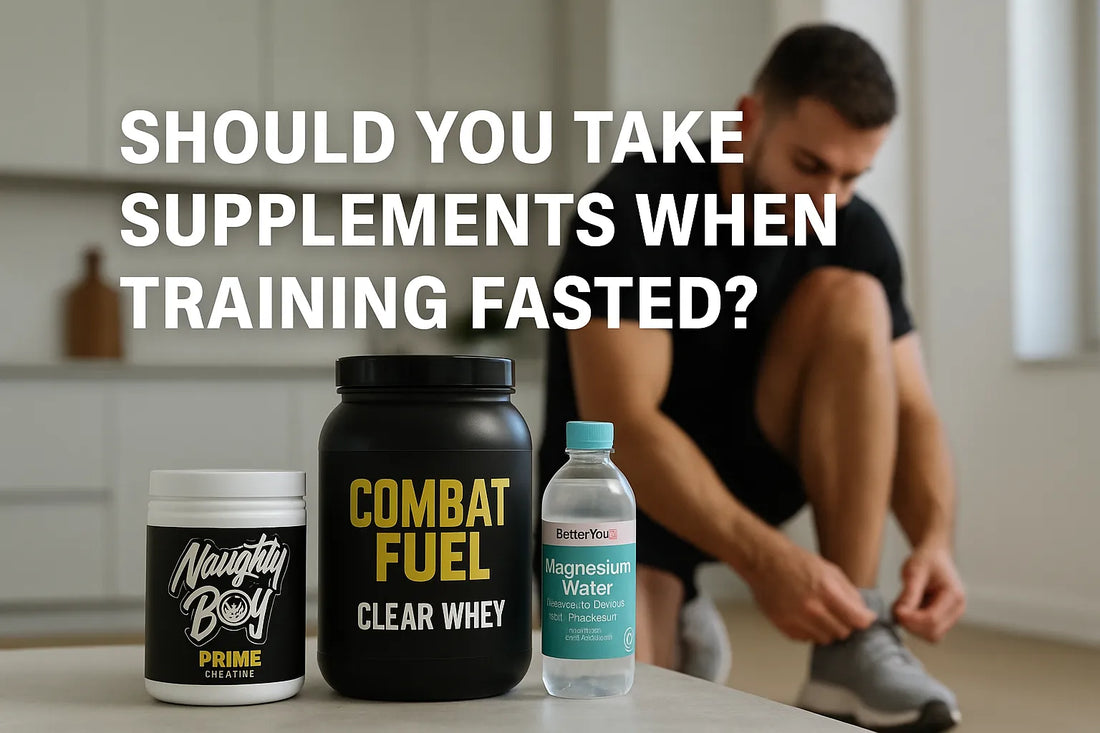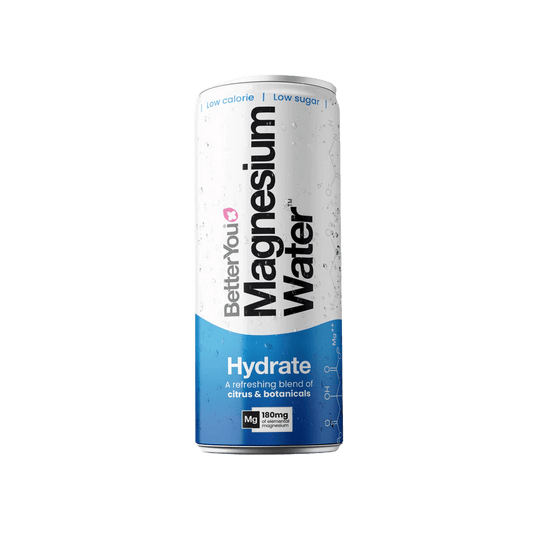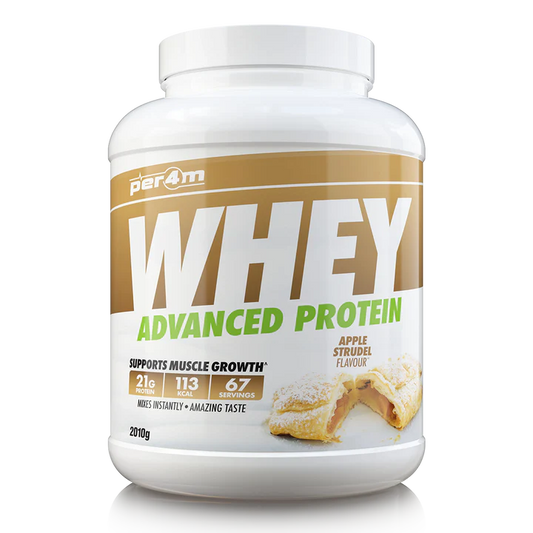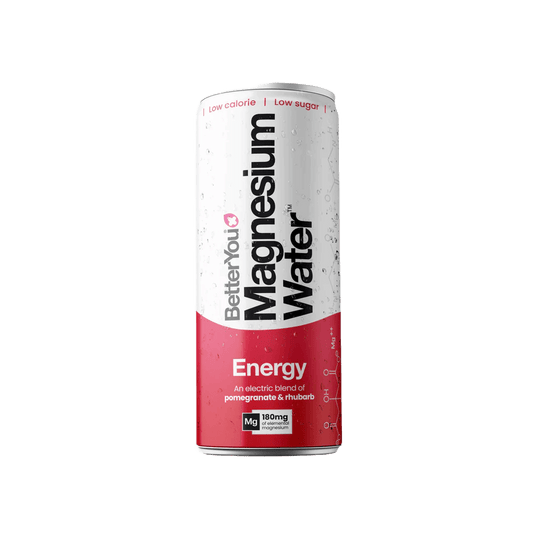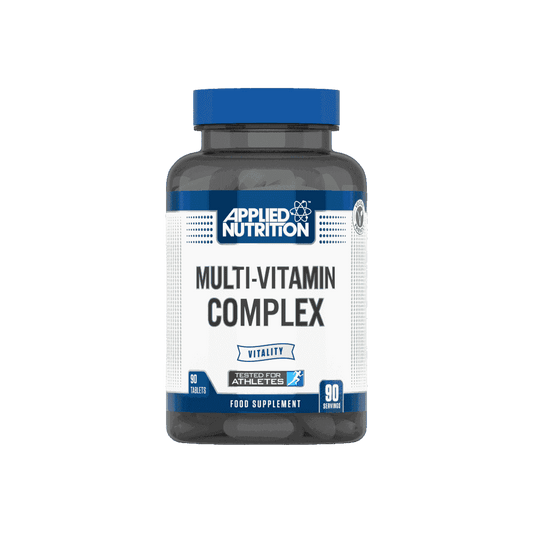Introduction: The Fasted Training Debate
Fasted training has become one of the most talked-about strategies in fitness circles. Some swear by it for fat loss, while others warn it could cost you muscle and performance. At its core, the idea is simple: you train on an empty stomach, usually first thing in the morning, before eating your first meal.
But when it comes to supplements, the rules get tricky. Do they break a fast? Do they help, or are they unnecessary if you’re training without food? The truth is that some supplements complement fasted workouts brilliantly, while others undermine the point of fasting altogether. Let’s unpack what works, what doesn’t, and how to make supplements part of a fasted training routine.
1) What Supplements Are Good for Fasted Workouts?
When you train fasted, your body has no immediate fuel source from food. This means energy, focus, and endurance might take a hit. The right supplements can help balance that out:
-
Electrolytes → Vital for hydration, especially sodium, potassium, and magnesium. They replace minerals lost through sweat without breaking a fast.
-
Creatine → Boosts strength, endurance, and recovery — calorie-free and perfectly suited for fasted training.
-
Caffeine → Enhances alertness and fat burning. A simple black coffee or a stim-based pre-workout (without sugar) works well.
-
BCAAs → Controversial. They contain calories and technically break a fast, but some athletes use them to preserve muscle.
💡 One of the smartest fasted-friendly choices is Naughty Boy Prime Creatine. It’s clean, calorie-free, and helps you lift heavier even without pre-workout meals in your system.

2) Will Creatine Break a Fast?
This is one of the most common questions — and the answer is no. Creatine is calorie-free and doesn’t spike insulin. It works by saturating your muscles over time, so whether you take it with food or while fasted, the benefits remain the same.
Creatine also supports ATP production, giving you the quick-burst energy needed for heavy lifting, sprints, or high-intensity training. For those who train fasted, it’s one of the most effective supplements you can add without breaking your fast.
💡 Naughty Boy Prime Creatine is ideal here — a premium option that boosts power, supports recovery, and slots seamlessly into a fasted routine.
3) Should I Take BCAA While Working Out Fasted?
BCAAs (branched-chain amino acids) are where things get complicated. On one hand, they provide leucine, isoleucine, and valine — amino acids that help preserve muscle mass when glycogen is low. On the other hand, they contain calories, which means they technically do break a fast.
So, should you use them? It depends:
-
If your goal is strict intermittent fasting for fat loss and metabolic health, skip them.
-
If your goal is performance and muscle retention, they can be useful, even if they bend the fasting rules slightly.
The decision comes down to whether fasting purity matters more than protecting your muscles.

4) Is Working Out Fasted Better for Muscle Growth?
For fat loss, fasted training can be effective — you’re more likely to tap into stored fat for fuel. But for muscle growth, the picture is different. Training without food may limit energy output, which can mean lighter lifts, fewer reps, and slower gains over time.
That doesn’t mean fasted training kills muscle growth. With the right recovery nutrition — especially protein post-workout — you can still build muscle. But compared to fed training, it’s not the optimal route for hypertrophy.
💡 This is where Combat Fuel Clear Whey shines. Taken after your fasted session, it provides rapid-digesting protein without heaviness, helping you kickstart recovery and protect lean muscle.

5) What Supplements Should I Take While Fasting?
Here’s a breakdown of what works during a fasting window:
✅ Safe, won’t break a fast:
-
Creatine
-
Magnesium
-
Electrolytes
-
Caffeine (black coffee or sugar-free pre-workout)
⚠️ May break a fast:
-
BCAAs
-
Protein shakes (including whey or plant-based)
The safe stack provides energy, hydration, and muscle support without interfering with the fast itself. Then, when the window closes, protein and recovery supplements come into play.
💡 BetterYou Magnesium Water belongs here. Magnesium doesn’t provide calories but keeps muscles firing, improves recovery, and helps with hydration — a great match for fasted sessions.
✅ What We’ve Looked Into So Far
-
Why supplements can make fasted training more effective.
-
The role of electrolytes, creatine, caffeine, and magnesium during a fast.
-
Why creatine is perfect for fasted workouts — no calories, no insulin spike.
-
The controversy of BCAAs: useful for muscle, but not “fasting pure.”
-
Why protein and recovery supplements matter after training, not during.
And we’ve already spotlighted three core products that work well for this style of training:
🔜 Part 2 will explore:
-
Magnesium’s role in fasting.
-
Whether you can build muscle fasted.
-
The risks of fasted training.
-
Fat burning vs muscle preservation.
-
The smartest supplement stack for intermittent fasting athletes.
Should You Take Supplements When Training Fasted? (Part 2)
6) Does Magnesium Break a Fast?
Good news: magnesium is 100% safe during fasting. It has no calories and doesn’t cause an insulin response. In fact, it’s one of the most useful minerals you can take in a fasted state.
Magnesium helps regulate muscle contractions, prevents cramps, and supports relaxation — all vital when training on low fuel. If you’re prone to fatigue or restless sleep after hard sessions, magnesium is often the missing piece.
💡 BetterYou Magnesium Water makes it effortless. Taken daily, it delivers a steady dose that supports your workouts and recovery without ever breaking your fast.
7) Can You Build Muscle Training Fasted?
The short answer: yes, but it’s more difficult. Muscle growth relies on progressive overload, recovery, and most importantly — protein and calorie intake. When you train fasted, you can still trigger muscle protein synthesis, but if you delay nutrition for too long afterward, you risk breaking down more muscle than you build.
Fasted training works best for:
-
Fat loss phases.
-
General fitness goals.
-
Maintenance when you don’t want to gain or lose much muscle.
It’s less effective for bulking. To build serious size, you’ll want fed training where energy is plentiful.
💡 That’s why pairing fasted sessions with a strong recovery shake like Combat Fuel Clear Whey immediately post-workout is crucial. It feeds muscles quickly and keeps you in a growth-friendly state.

8) What Are the Risks of Fasted Training?
Training without food has its perks, but it’s not for everyone. Risks include:
-
Low energy and dizziness → especially in high-intensity workouts.
-
Reduced performance → fewer reps, lower weights.
-
Muscle breakdown → if protein intake is delayed for too long.
-
Nutrient depletion → fasting windows can make it harder to get all your vitamins and minerals.
This doesn’t mean fasted training is dangerous, but you need to be strategic. Supplements can reduce these risks by keeping hydration, electrolytes, and recovery nutrition in check.
💡 A broad-spectrum option like Applied Nutrition Multi-Vitamin Complex helps cover gaps that a restricted eating window might leave behind.
9) Do Fasted Workouts Burn More Fat?
Yes — but there’s nuance. Studies show that when you exercise fasted, you burn more fat during the session because glycogen (stored carbs) is lower. However, overall fat loss depends on total calorie balance across the day.
Think of it this way: fasted workouts shift the fuel source toward fat in the short term, but if you eat in a calorie surplus later, fat loss won’t happen. Supplements like caffeine and electrolytes can make fasted sessions more effective by keeping energy levels steady and boosting fat oxidation.

10) How Do You Keep Muscle During Fasting?
This is the big question for athletes and gym-goers who use fasting. The key strategies:
-
Take creatine daily → supports strength and recovery.
-
Get enough protein after training → ideally within your eating window.
-
Use whey protein → fast-digesting and effective post-session.
-
Sleep well → recovery happens at night, not just in the gym.
-
Cover your micronutrients → with a daily multivitamin.
💡 For practical recovery, Per4m Advanced Whey Protein delivers high-quality protein that fuels muscle growth after fasted workouts. Pair it with Naughty Boy Prime Creatine and your muscle retention strategy is bulletproof.
🧠 FAQ: Fasted Training and Supplements
1. What supplements won’t break a fast?
Creatine, magnesium, electrolytes, and caffeine.
2. Should I take creatine on an empty stomach?
Yes — creatine works equally well with or without food.
3. Are electrolytes okay during fasting?
Yes — they’re calorie-free and essential for hydration.
4. Does protein powder break a fast?
Yes — protein contains calories, so save it for after your session.
5. What’s the best pre-workout for fasted training?
A calorie-free option with caffeine and electrolytes.
Conclusion: Supplementing Smart When Training Fasted
Training fasted can be a useful tool, but like any tool, it works best when applied correctly. It’s not automatically better for fat loss or muscle gain — it depends on your goals, nutrition, and recovery.
Supplements make fasted training safer and more effective:
-
Creatine → boosts strength and recovery without breaking a fast.
-
Magnesium → supports hydration, sleep, and performance.
-
Caffeine and electrolytes → keep energy steady.
-
Whey protein → protects and builds muscle once the fast is broken.
-
Multivitamins → cover gaps when eating windows are short.
💡 The smart stack includes Naughty Boy Prime Creatine, Combat Fuel Clear Whey, BetterYou Magnesium Water, Applied Nutrition Multi-Vitamin Complex, and Per4m Advanced Whey Protein. Together, they balance performance, fat loss, and muscle retention during fasted training.

